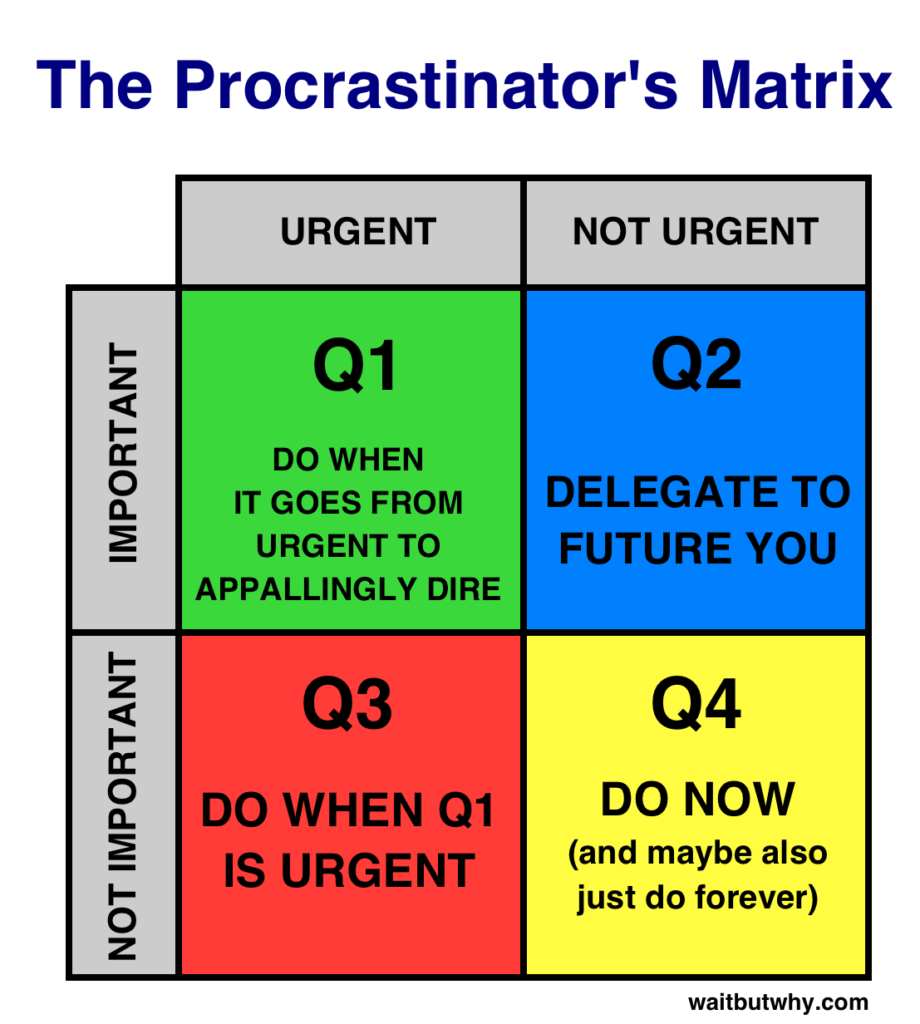Look what I found in the garden this morning.
Suez 2.0
That whirring noise you hear is the sound of Gamal Abdel Nasser, erstwhile coup leader and President of Egypt, whirring contentedly in his grave. Readers with very long memories will recall that in July 1956, he abruptly nationalised the Suez Canal company, ostensibly on the grounds that its revenues would enable the construction of the Aswan Dam after the US and the UK had refused to fund the project. Since the canal was a critical conduit for seaborne traffic to India and the Far East, and Britain and France were the prime shareholders in it (and prime recipients of the revenues therefrom), the UK — under the leadership of Prime Minister Anthony Eden — conspired with France and Israel to invade Egypt to teach the upstart an imperial lesson for daring to hold the Western world to ransom and interrupt its supply lines.
The cod ‘invasion’ was what the US Marines would call a clusterfuck. The US refused to support the adventure, the pound dropped like a stone, Eden ‘resigned’ and ‘Global Britain’ suddenly realised that it wasn’t a global power any longer.
Now the canal is blocked by a giant container ship which seems to have run aground.
The Suez Canal handles around 12% of global trade, making it a key conduit in the world’s supply chains. Each day of blockage disrupts more than $9 billion worth of goods, according to Lloyd’s List, which translates to about $400 million per hour.
It’s 1956 all over again, but without the shooting.
Six years after the first Suez fiasco, Dean Acheson, who had been Harry Truman’s Secretary of State, famously observed that “Great Britain has lost an empire and not yet found a role”. It’s still looking for one.
The procrastinator’s matrix
Yesterday’s post about the Eisenhower Decision Matrix prompted an email from Johannes Björkman with a link to an elegant blog post by Tim Urban on The Procrastination Matrix, which looks like this:
Quote of the Day
”She fitted into my biggest armchair as if it had been built around her by someone who knew they were wearing armchairs tight about the hips that season.”
- P.G. Wodehouse
Musical alternative to the morning’s radio news
Norah Jones | Don’t Know Why
Long Read of the day
Scott Galloway: The Sonic (Entrepreneurship) Boom
He’s always interesting. This week he’s thinking about what happens next as the world moves out of pandemic mode. And, as ever, his thinking is counter-intuitive…
Post-crisis periods are among history’s most productive eras. London rebuilt after the Great Fire with grand new architecture, and Europe after the worst of its plagues underwent a commercial revolution. The Marshall Plan turned enemies into allies, fomenting peace and prosperity for over half a century. Leaders also emerge from crises. Ulysses S. Grant was a washed-up soldier without prospects until war broke out, but that war created the opportunity for Grant to save the Union and advance the cause of freedom. This is all to say: In the next 36 months, I believe our economy will birth a new generation of web 3.0 firms and leaders. Why?
I’ve started nine businesses. The best predictive signal for their success has turned out to be the phase of the economic cycle in which they were started. Put simply, the best time to start a business is on the heels of a recession…
Thinker, Tanker, Scholar, Consultant
Every former policymaker in Washington is an academic, a researcher, and an adviser to big business.
Jake Sullivan is now one of the most powerful people in the US — Joe Biden’s national Security Advisor. The White House says that he has “spent the vast majority of his adult life in public service and academia” and “briefly did part-time consulting work for Macro Partners that was centered on his expert analysis of global policy trends.”
Jonathan Guyer of The American Prospect was not terribly impressed:
Newly released ethics forms show that Biden’s national-security adviser, Jake Sullivan, earned $80,000 last year from an academic position at Dartmouth College and $80,000 from Yale. But look to his affiliation with consulting firm Macro Advisory Partners for the less public but more lucrative work. Sullivan earned $138,000 for providing part-time “advisory services.” He worked for Uber, Mastercard, Lego, and big investment groups like Bank of America, Aviva, Standard Life Aberdeen, and Standard Chartered. (The Prospect reached out to all of the companies listed on Sullivan’s forms. Each one declined to comment or didn’t respond.) Separately, Sullivan earned $45,000 from Microsoft for providing advice to its president on policy issues.
Is there something dishonorable about working for big business? Sullivan never mentioned his role at Macro Advisory Partners in his bios on the websites of Yale, Dartmouth, or the Carnegie Endowment for International Peace, where he was also a researcher. His corporate affiliation never appeared in articles he wrote for Foreign Affairs or Foreign Policy, The New York Times or The Washington Post.
At the same time as he was advising these companies, Sullivan was also serving as a top adviser to Biden’s presidential campaign. That’s a seven-days-a-week, 13-plus-hours-a-day job. Yet he still carved out time for the firm.
This seems to be par for the course for many of Biden’s appointees. They’ve spent their busy lives in the revolving doors between elite universities, law firms, tech companies, think tanks, consultancy firms, lobbyists and … government. And they look awfully like the crowd who constituted the ruling elite of the Clinton years.
This blog is also available as a daily email. If you think this might suit you better, why not subscribe? One email a day, delivered to your inbox at 7am UK time. It’s free, and there’s a one-click unsubscribe if you decide that your inbox is full enough already!



